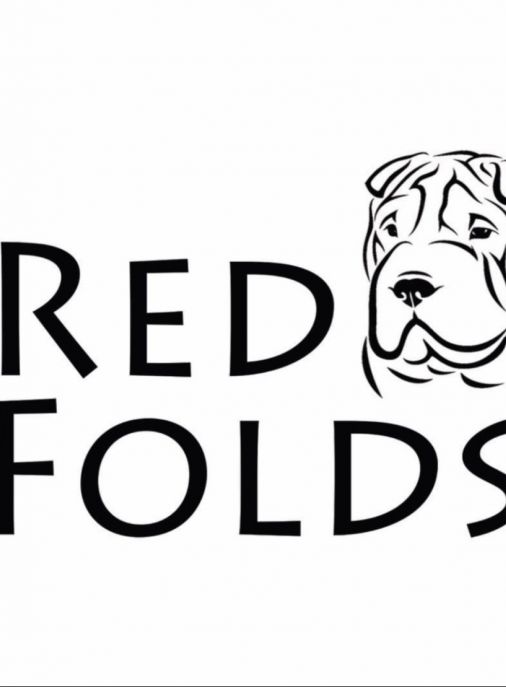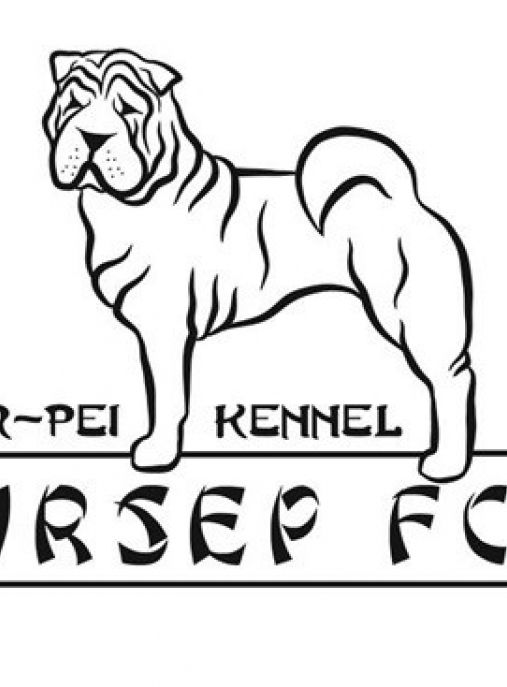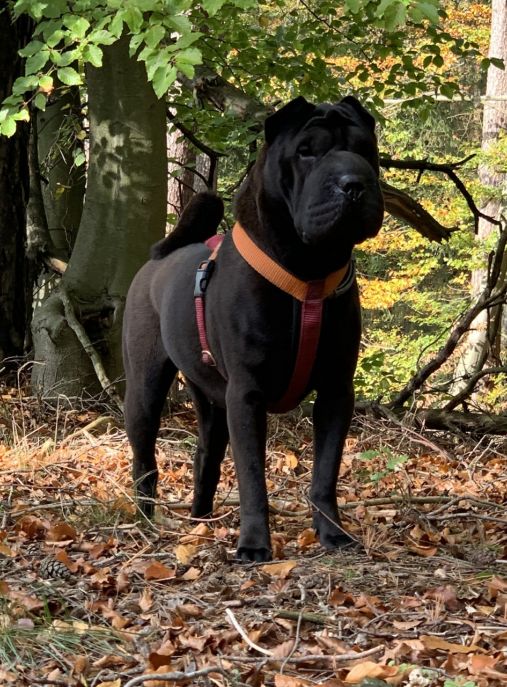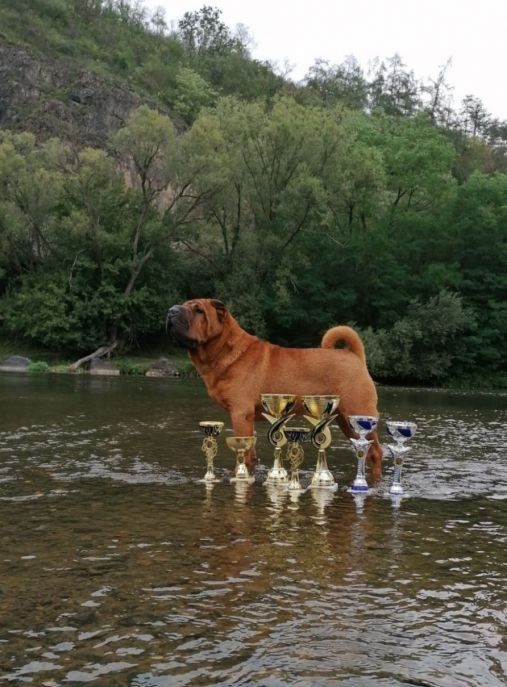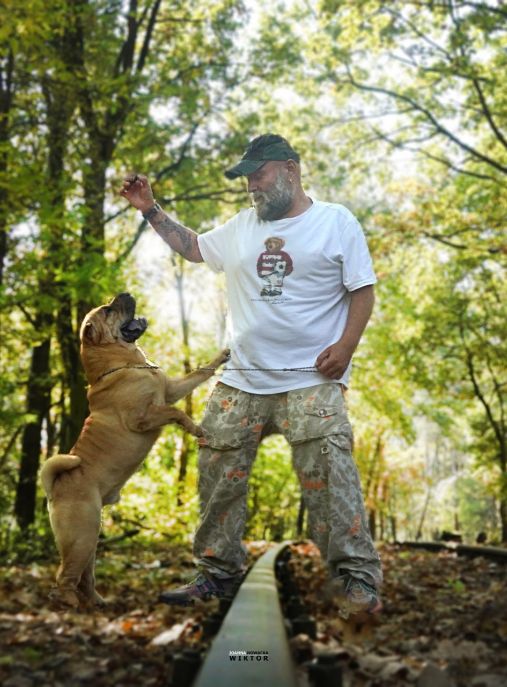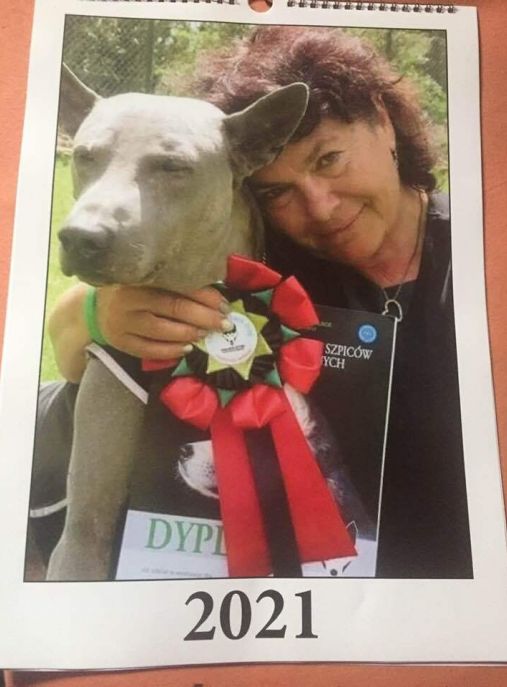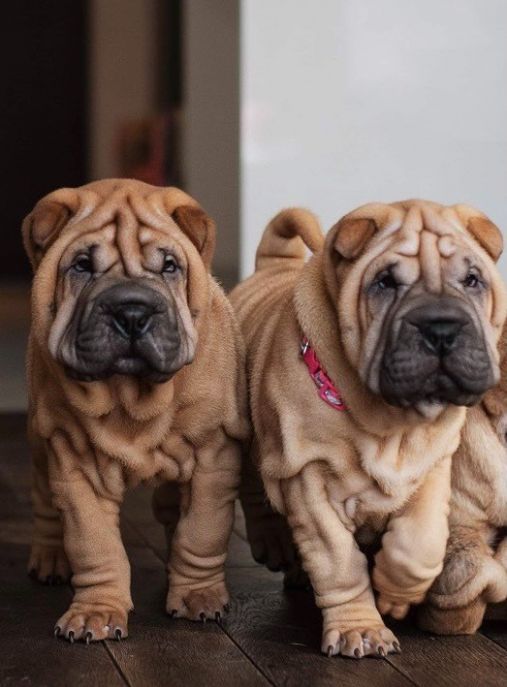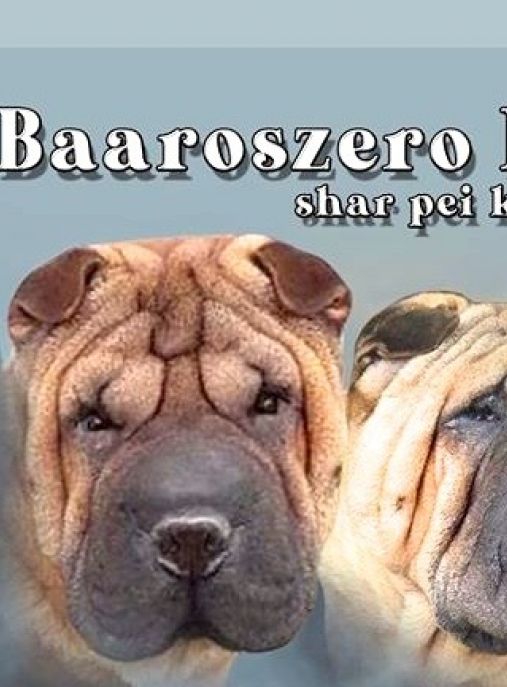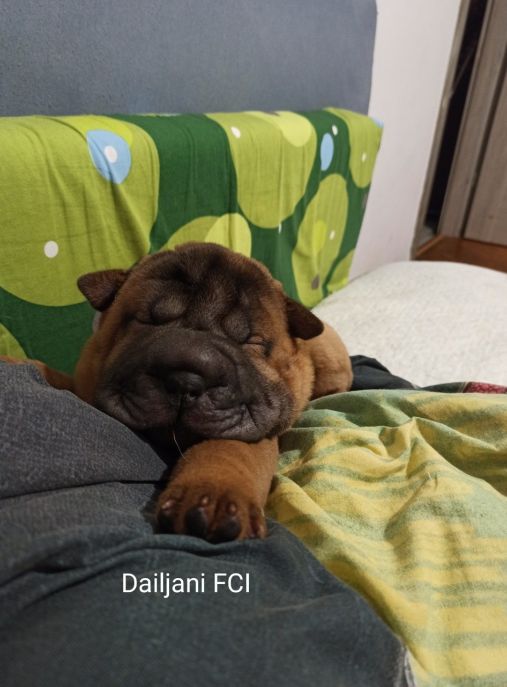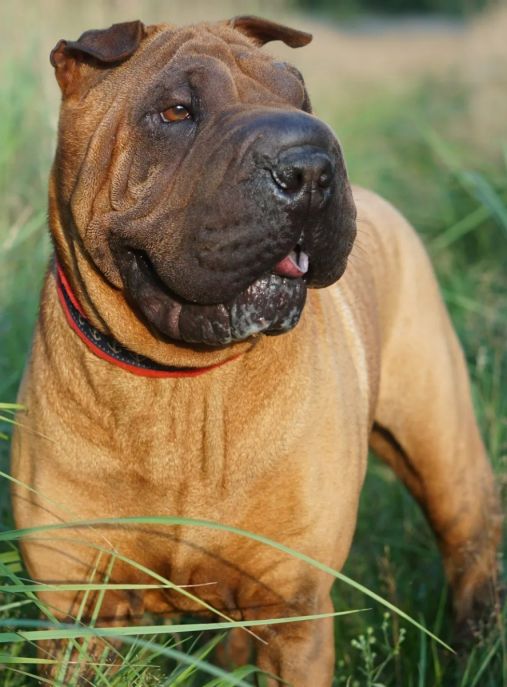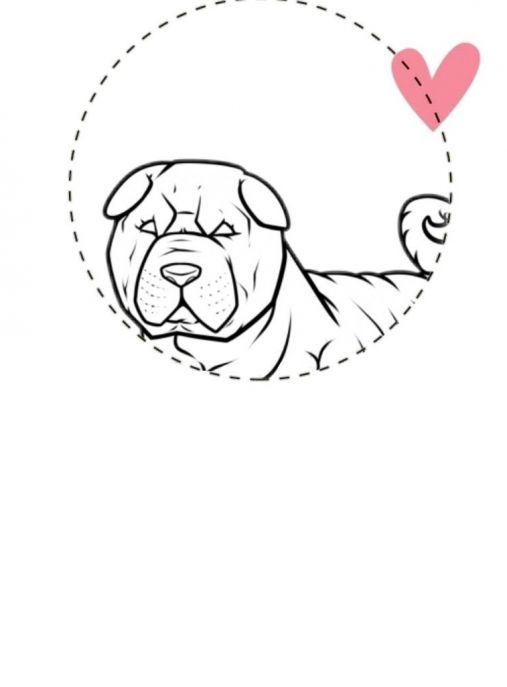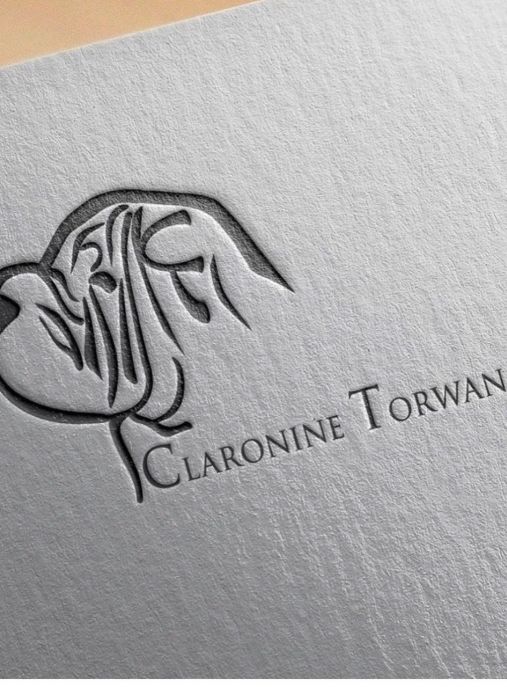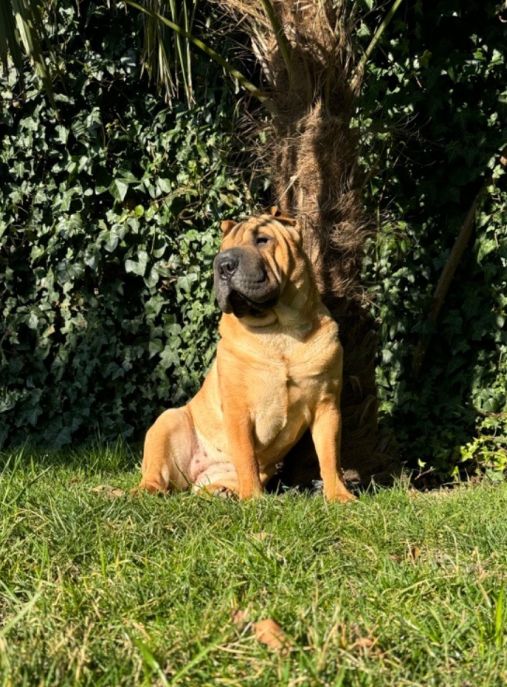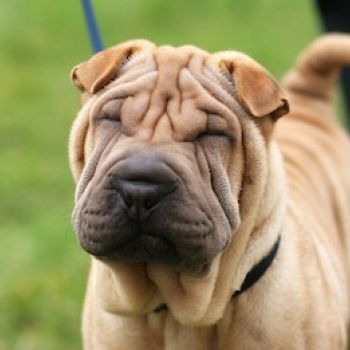The Shar Pei is a distinctive and unique dog breed known for its wrinkled skin and compact body. This ancient breed originated in China and has a rich history that dates back over 2,000 years. With their loyal and protective nature, Shar Peis have become popular companions and family pets around the world.
The history of the Shar Pei breed can be traced back to the Han Dynasty in China, where they were primarily used as working dogs. They were originally bred for various purposes, including hunting, herding, and guarding livestock. The Shar Pei's loose and wrinkled skin served as a protective layer, making it difficult for other animals to grab onto them during fights or attacks.
During the mid-20th century, the Shar Pei faced near extinction due to political turmoil in China. However, a small number of these dogs were brought to the United States and Hong Kong, where dedicated breeders worked tirelessly to preserve the breed. Today, the Shar Pei has regained its popularity and is recognized as a beloved companion and show dog.
According to the FCI (Fédération Cynologique Internationale) typology, the Shar Pei belongs to Group 2: Pinscher and Schnauzer - Molossoid breeds - Swiss Mountain and Cattle Dogs. This group includes breeds that are known for their protective instincts, strength, and loyalty. The Shar Pei's classification within this group highlights its historical role as a guardian and protector.
Shar Peis are known for their strong bond with their families and make excellent companions. They are loyal, affectionate, and protective, making them great watchdogs. However, they can be reserved and aloof with strangers, which makes early socialization crucial for their development.
In terms of physical characteristics, the Shar Pei is a medium-sized dog with a compact and muscular body. They typically weigh between 40 to 55 pounds (18 to 25 kilograms) and stand at a height of around 18 to 20 inches (46 to 51 centimeters) at the shoulder. Their most distinctive feature is their wrinkled skin, which covers their entire body, including their face and neck. The wrinkles are more prominent in puppies and tend to smoothen out as they grow older.
The Shar Pei has a short and coarse coat that comes in various colors, including solid shades like black, cream, fawn, and red. They also come in dilute colors such as blue and lilac. Despite their short coat, Shar Peis are moderate shedders and require regular brushing to maintain a healthy coat.
On average, the Shar Pei has a life expectancy of 9 to 11 years. However, with proper care, some individuals have been known to live well into their teens. Like many breeds, Shar Peis are prone to certain health issues, including skin problems, hip dysplasia, and entropion (an eyelid condition). Regular veterinary check-ups and a balanced diet are essential for their overall well-being.
One interesting fact about the Shar Pei is their blue-black tongue, which is a characteristic shared with other breeds such as the Chow Chow. This unique trait sets them apart from other dog breeds and adds to their overall charm.
In conclusion, the Shar Pei is a fascinating breed with a rich history and distinctive appearance. Their wrinkled skin, loyal nature, and protective instincts make them a beloved companion and family pet. With proper care and socialization, the Shar Pei can thrive in various environments and bring joy to their owners for many years.
